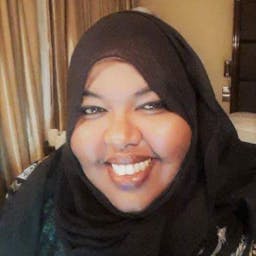Post-conflict reconstruction in Somalia: The urgent need for a gender-sensitive approach
Jan 21, 2015
Story
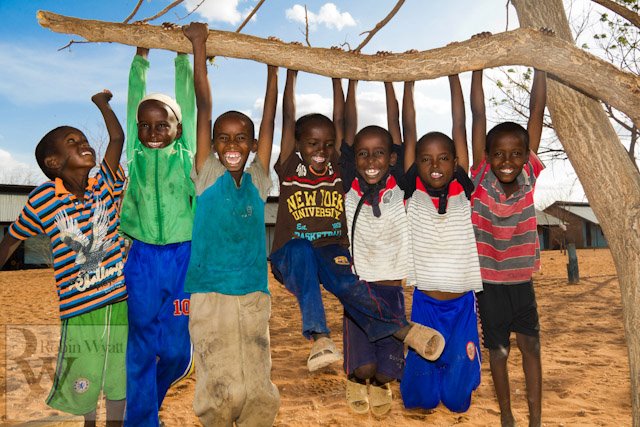

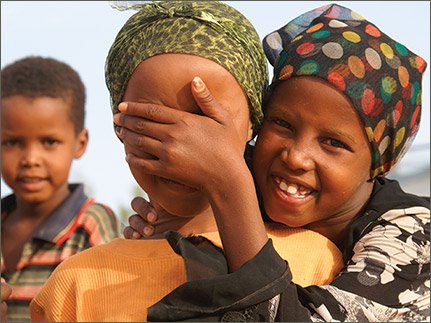
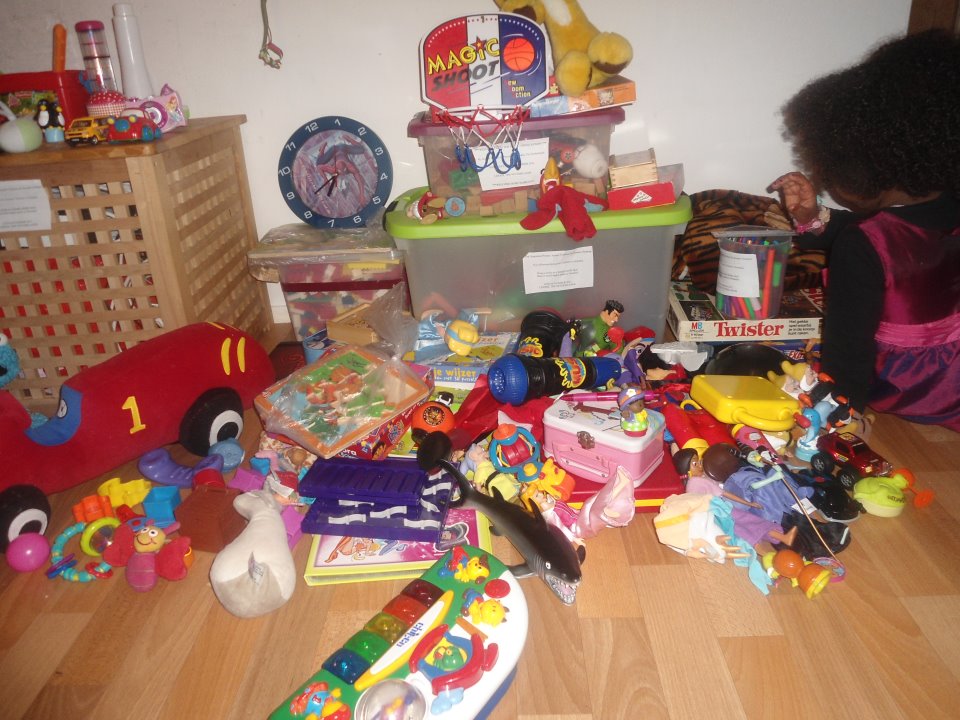
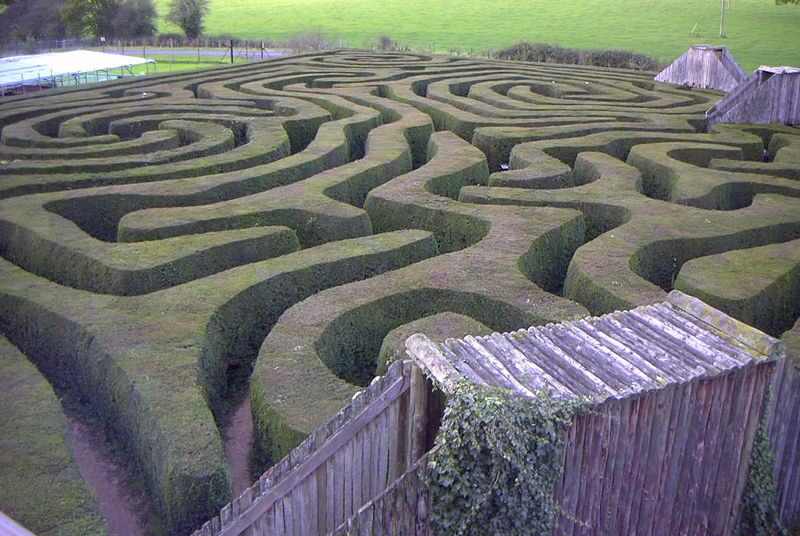
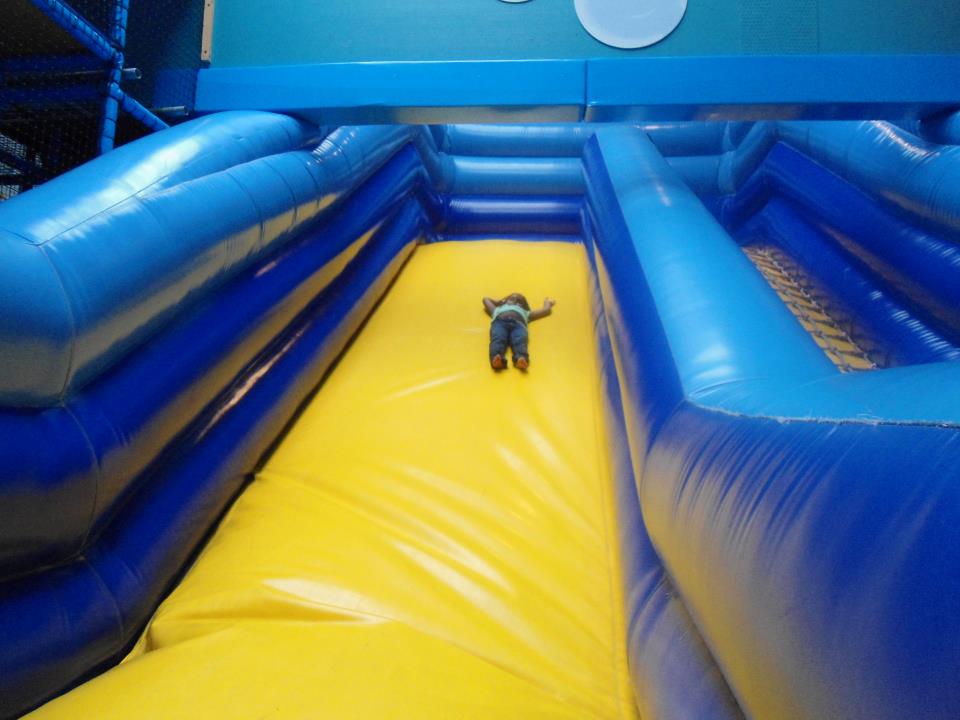
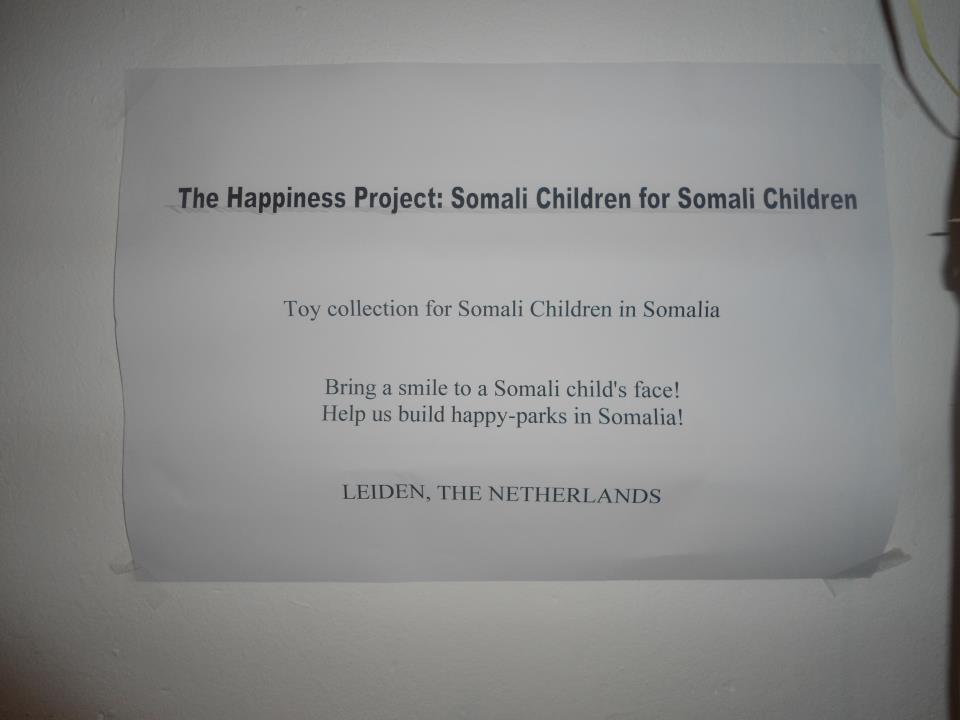
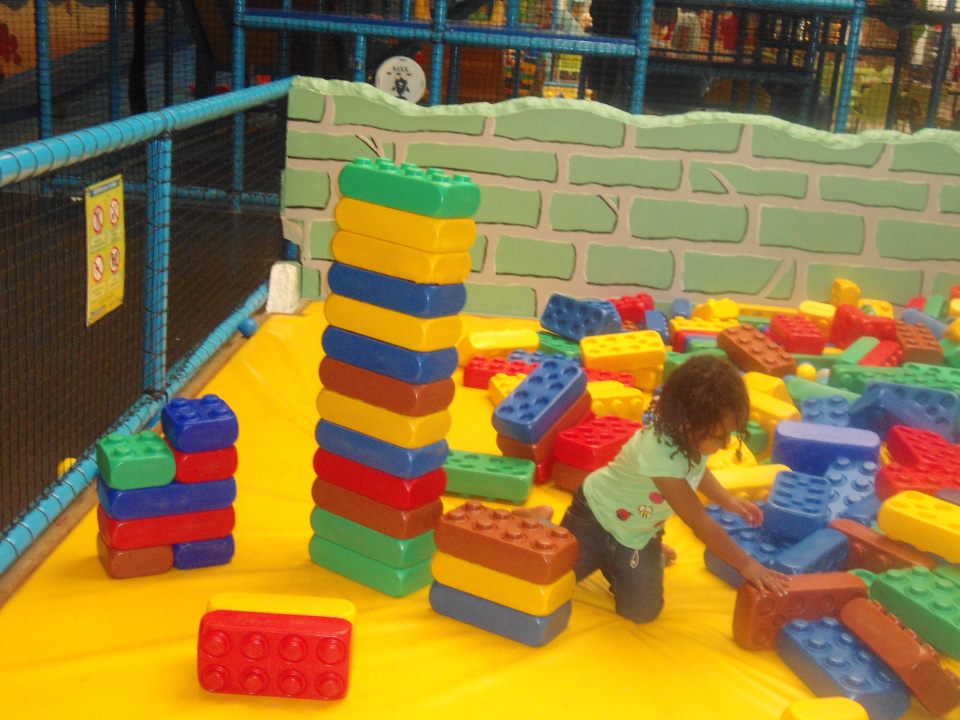
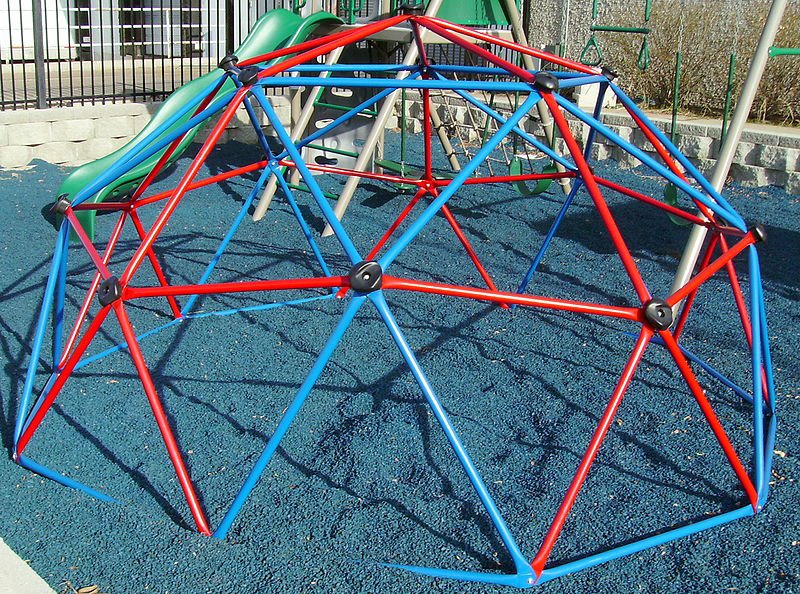
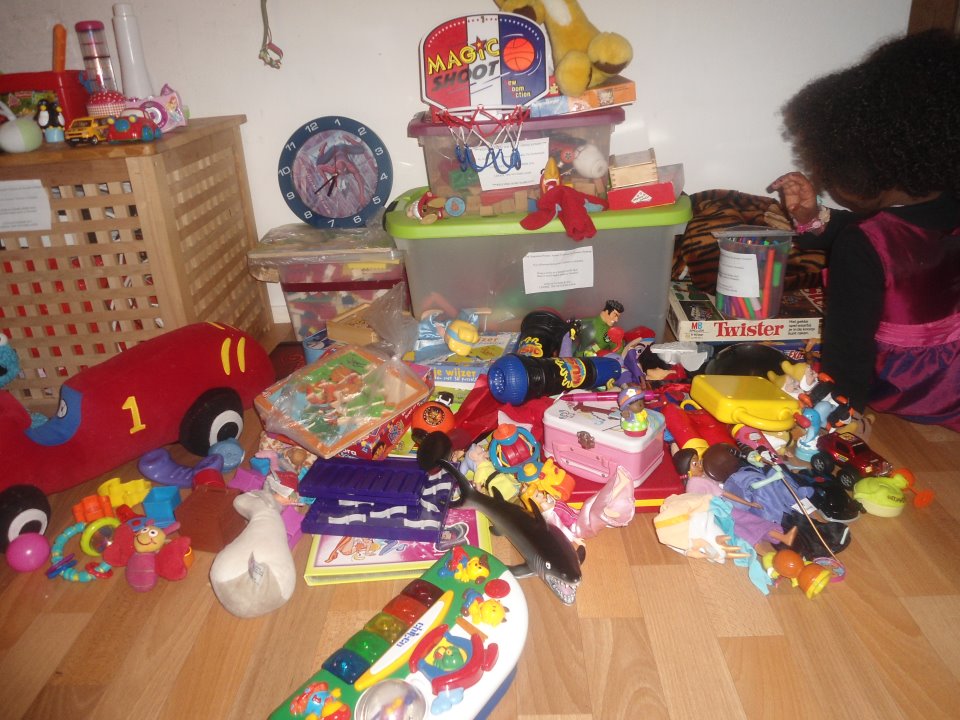
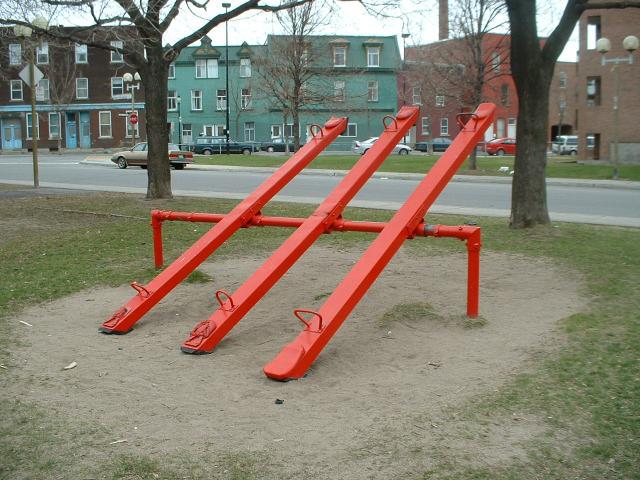
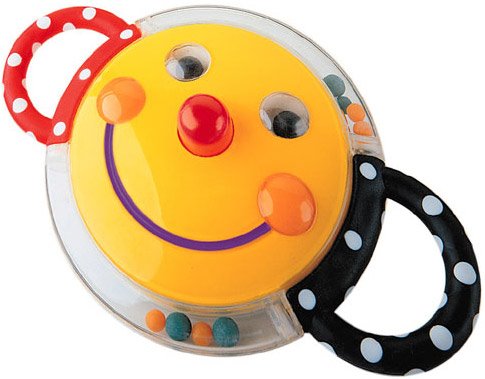
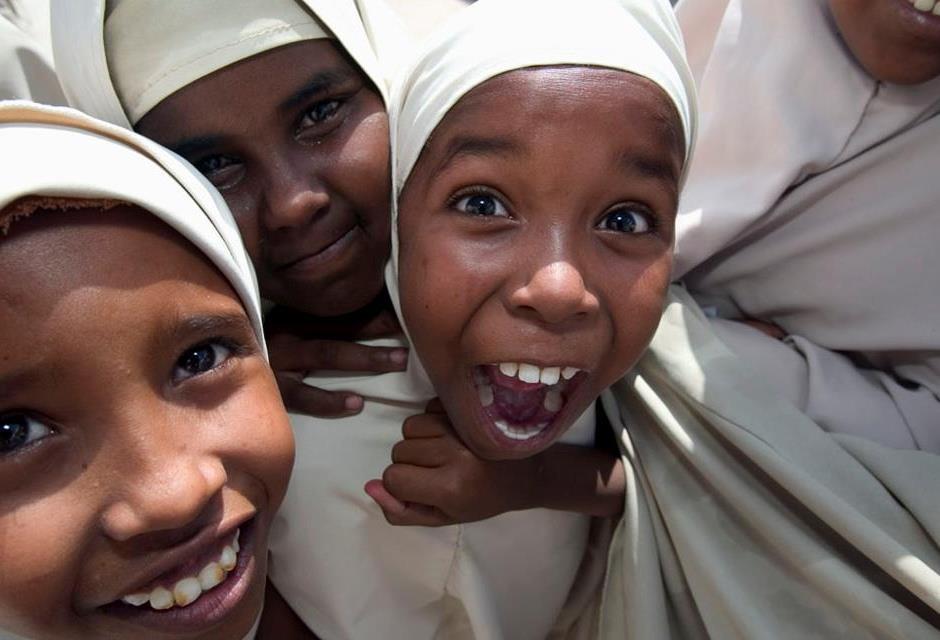
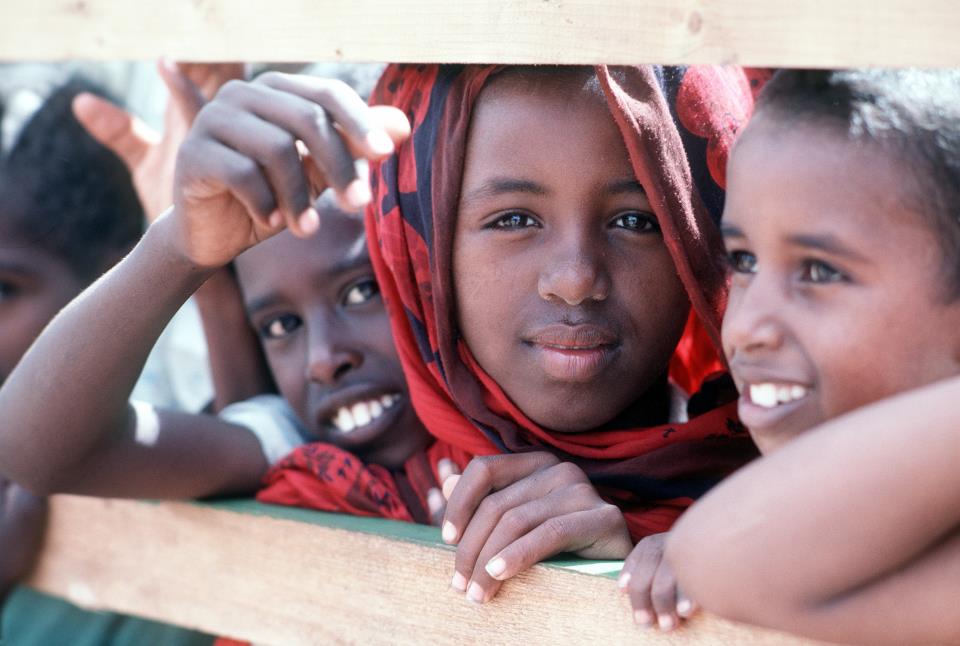

Post-conflict reconstruction in Somalia: The urgent need for a gender-sensitive approach
Background and Introduction: The Impact of conflict on children in Somalia
“Children are the world's most valuable resource and its best hope for the future” - John F. Kennedy
Everyday thousands of Somali children are caught up in conflict, suicide bombs, destruction and displacement. Some of them not only merely as bystanders, but as targets also. Others fall victim to general onslaught and made to watch the slaying of their own families or of other civilians (Dini; 2005:pp23). Many others are psychologically traumatised after witnessing death and destruction while yet others suffer the effects of sexual violence or the multiple deprivations of armed conflict that expose them to hunger, displacement or disease. Many children have become orphans or lost entire families and thousands of young people are exploited as combatants by the Al-Shabaab militia group (idem). Multiple attempts to solve Somalia’s conflict have not been successful because solutions have often been short-sighted, not gender-sensitive and the role of women and youth have been overlooked and efforts to integrate lives and livelihoods into interventions underestimated.
Although government efforts are critical in addressing post-conflict reconstruction in Somalia, they are not sufficient in dealing with the challenges at hand. The nature and scope of the challenges in Somalia requires the full mobilization of all talents and resources that all stakeholders, including those that children have. The TFG government of Somalia with its current capacity can not cater for all the social needs of all its citizens. What is needed are partnerships between the government and the private sector as well as with the civil society to support the transition in a holistic way that begins from the bottom and not the top, as is the case currently. The specific needs of various (vulnerable) groups and their social and mental well being have not been taken into account in reconstruction and reconciliation efforts. Rebuilding bridges of communication between social groups and promoting participation in social life is a necessary but daunting challenge for social reconstruction in Somalia. For example, the traditional perception of women in conflict and post-conflict situations is as victims of war (Brons: 2001. pp 107) whilst men tend to be the primary beneficiaries of reconstruction projects. Yet, in various conflicts, women have made up significant numbers as combatants while others were victims of sexual violence (including rape, sexual mutilation, sexual humiliation, forced prostitution and forced pregnancy) during armed conflict. The psychological and social needs of war-traumatized Somali women and children need to be taken into all aspects of reconstruction work (Brons: 2001. pp155). Throughout Somalia's history, Somali women have taken an active role in peace and security efforts but their work has remained at grassroots level and has not yet translated into national or international agenda points. However, the active role women play in such situations is slowly starting to be recognized
I have chosen to share this topic because its is one that impacts me personally. It confronts me on a daily basis. About 2 years ago i decided to shift back to Somalia and work on the important topic of girls education. I went there with my family- my daughter of at the time 7 months and husband and i feel very responsible for their well being and especially my daughter's happiness. I am passionate about this topic just as much as i am about girls' education. Everyday single morning as i prepare myself for work, i wish for the 1000th time that there was a day care here i could take my daughter to so she could play with other kids, or perhaps a children's park she could play and have fun, or some children's creative center but there are none in Somalia and nobody is even talking about it. It is for this reason that i initiated this project early this year and it is the best thing i have ever done.
This project argues that for any post-conflict reconstruction, rehabilitation and reconciliation to make significant impact in Somalia, it must take into account the different needs of the various groups in Somali society through a child-friendly lens. Such gender-sensitive programs must be the eyes of the innocent and the voice of the voiceless. Even in war children must remain children and. Play is important for the development of children and for healing. Playgrounds and child-friendly centres in post-conflict countries can provide happiness as a healing therapy to these traumatised children. The social skills that children develop on playgrounds become lifelong skills that could be carried forward into their adulthood. Independent research shows that playgrounds are among the most important environments for children outside the home. Most forms of play are essential for healthy development, but free, spontaneous play—the kind that occurs on playgrounds—is the most beneficial type of play.
The Happiness Project: Happy Parks for Somali Children in Somalia
"Play is essential to development because it contributes to the cognitive, physical, social, and emotional well-being of children and youth." - Kenneth Ginsburg
Research on existing theories reveal that there is a direct relationship between playground activities and the promotion of children’s self-esteem. Also personal development may be gained through the enhancement of skills, such as playing, communicating and cooperating with other children and adults in the playground.
It takes a lifetime to make big changes, but it takes a split second and a compassionate individual to bring a smile to a child's face. Whatever the change will be, change doesn't happen on its own; people change things. The lack of children's play grounds in combination with the absence of any child-friendly spaces such as zebra crossings, creative corners, play grounds, happy parks, amusement parks, is contributing to the absence of HAPPINESS in Somalia. The goal of this project is to build a happy park, a play ground in Somalia where Somali children can play happily and safely and be just children. This project wants to mobilize resources for building a happy park for Somali children in war-torn Somalia. The environment in Somalia is such that there are huge and sharp stones everywhere and it is extremely windy as well as very hot. There are hardly any children playing safely outside. Many children are kept indoors for fear of the dangerous sharp stones laying everywhere, the extreme heat, or even the dangerous mines and other explosives. But children should be playing outside. Children shouldn't be kept indoors. Full of energy and life, children should be encouraged to play, draw, take up sports and be creative.
Mobilisation of resources and progress made so far
The Happy Parks project was launched on Facebook and other social media in November of 2011 and so far 304 people have responded positively to the cause for example, students from Groningen University in the Netherlands contributed dozens of boxes full of toys and other play stuff. Secondly, A cargo shipping agency has volunteered to transport 100kg of toys and playground stuff for free to Somalia from Holland. Thirdly, the Governor of Nugaal region in Puntland promised to donate a piece of land to build the first Happy Park ever in Somalia in Garowe, the capital of Puntland State of Somalia. This project is about building trust between communities, its about healing wounds and reconciliation, its about constructing and changing lives. The project visualises the direct and indirect impact the project will have on all those children in Somalia who have been affected by conflict, displacement, drought and war. The project will contribute to the realization of the building of happiness in Somalia and to the thinking that children should be children, even in war. It aspires to contribute to the building of the first ever happy park for Somali children in Somalia. A merry-go round here, a swing there, a toddler's swimming pool here, a creative corner there. It’s possible and we would like your support, ideas, guidance in this. We seek all kinds of assistance material and material. Currently, the fist shipping is underway to Puntland and it is expected to arrive there in 5-6weeks. The second destination will be Mogadishu and currently several volunteers have stepped forward to assist with the dissemination of calls, mobilising resources and in the building of the first ever Happy park for Somali children in Mogadishu. Plans are underway to do the same in other parts of Somalia.
In the field in Somalia, 21 volunteers are ready to help put up the playground, mechanics, engineers and constructors have promised technical support and supervision. A few people also promised to contribute with a ice-cream machine for the children who will use the Happy Parks. The support has been overwhelming, inspiring and very touching.
The implementing organisation: Action for Gender and Development (AGAD) NGO Puntland
“I've learned that people will forget what you said, people will forget what you did, but people will never forget how you made them feel.” ― Maya Angelou
The organisation behind the Happy Parks project is called Action for Gender and Development (AGAD) and it has its head office in Galkayo, Mudug region of Puntland. AGAD NGO is a young organization that is working on the important topics of Gender and Development in their broadest forms; human rights awareness, child protection, education, displacement issues and girl's leadership. For more information please refer to our website www.agadngo.org. Strategic local and international partnerships with for example the Dutch United Nations Student Association (SIB) as well as with the TFG government, the Puntland government, the private sector and civil society will be critical to the successful design and implementation of this post-conflict reconstruction project in order to make it as sustainable as possible. Strong alliances will be forged with other Somali civil society stakeholders in the country as well. It is widely known that Somali civil society had a great representation in the previous Somali peace talks and have also played a significant role in Somalia’s development and humanitarian needs in the past 25 years.
Rebuilding Somalia must include the continued active participation of all its civil society because these can play vital roles in, among other, channeling and dissemination of information; advocating norms, values, and standards; encouraging power-sharing among competing interest; contributing to good governance; providing the means for interaction and confidence-building across the lines that divide parties in conflict; and encouraging and participating in socio-economic activities aimed at mitigating disparities. Action for Gender and Development (AGAD) NGO has implemented projects such as income earning activities; identification and implementation of quick impact micro-projects; and capacity building activities towards the re-integration of ex-combatants, refugees and displaced persons into their communities. Given the weak capacity of the current government of Somalia, there is an urgent need for NGOs to formulate and promote alternative development strategies that are friendly towards both children and the environment, and are rooted in Somali context and traditions.
Sahro Ahmed Koshin
Founder and Executive Director
Action for Gender and Development (AGAD) NGO Puntland
www.agadngo.org
https://www.facebook.com/groups/happinessinsomalia/photos/
This article is part of a writing assignment for Voices of Our Future a program of World Pulse that provides rigorous new media and citizen journalism training for grassroots women leaders. World Pulse lifts and unites the voices of women from some of the most unheard regions of the world.
